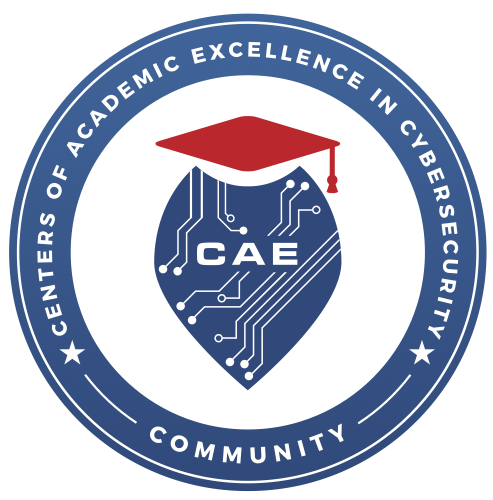Home | Advancing Technology Degrees | Data Science
Businesses depend on software and data systems to inform their processes and to provide a competitive edge. Data-forward software developers capture streams of information and make this information useful to people and companies. University of Advancing Technology's (UAT) Data Science degree provides students the skills that are needed as more aspects of our world and environments are connected and generate real-time information in ways that can be captured and used. Human behavioral patterns, IoT, weather, nature, connected city infrastructures, biological, health and organizational operations are typical of systems generating data now and into the future.
Students in UAT’s Data Science program will learn to craft code that interacts with data and present it in a way that creates understanding and value to organizations, communities and individuals. They will work with large data sets that often are being created in real-time.
Graduates will be capable of working with dynamic data, understanding how to identify and focus on key elements of data, be able to draw conclusions from it and present discovered information to others in ways that are easily used and able to draw conclusions from.
UAT’s Data Science degree will help you enhance how data is used and analyze the future of data.
Check out some of this semester’s Data Science courses and gear up for fresh challenges. Unlock new skills and power up your education.
C# is a general purpose, object-oriented programming language suited for all types of development. This course presents the entire language and introduces the Base Class Library (BCL) to the student. Students will learn the syntax, keywords and constructs, as well as how to leverage the resources of the BCL. This is a project-based class and students will develop applications with C# using real-world tools and practices.
Java is a general purpose, object-oriented programming language suited for all types of development. This course presents the entire language and the standard libraries to the student. Students will learn the syntax, keywords and constructs, as well as how to leverage the resources of the standard libraries. This is a project- based class and students will develop applications with Java using real-world tools and practices.
C++ is a general-purpose programming language that supports object-oriented programming and is suited for all types of development. This course presents the entire language and the Standard Template Library (STL) to the student. Students will learn the syntax, keywords and constructs, as well as how to leverage the resources of the STL. This is a project-based class and students will develop applications with C++ using real world tools and practices.
This course is an introduction to the Python programming language including IDE usage, syntax and implementation of basic data structures. This will go beyond the introduction of concepts and cover object oriented programming, debugging, and libraries.
This course explores the specification and implementation of containers as abstract data types. Structures covered include strings, vectors, stacks, queues, sequential lists, binary trees, hashes and graphs. The course also investigates algorithm design and evaluation, such as sorting, search, recursion and algorithmic analysis.
This course is a cumulation of the data tools that have been learned in earlier courses. Students will build various visualizations of be datasets using techniques such as various dashboards designed for the target audience, real-time updates, graphical display of data, and/or use of external devices for these visualizations such as an AR display device.
UAT’s Synchronic Learning model provides an education framework that prepares superior graduates to become tomorrow’s innovators. This model embodies UAT’s methodologies, curricula and community dedicated to fostering an environment of innovation that promotes demonstrated mastery and job readiness.
How does UAT prepare superior graduates? Students are required to participate in projects that solve real problems. UAT requires students to innovate and create a working proof of concept that’s never been done before. Students complete internships, community projects and apprenticeship experiences to cultivate their ability to succeed in the workplace.

Network Security curriculum certified by the US National Security Agency's Information Assurance Courseware Evaluation program
